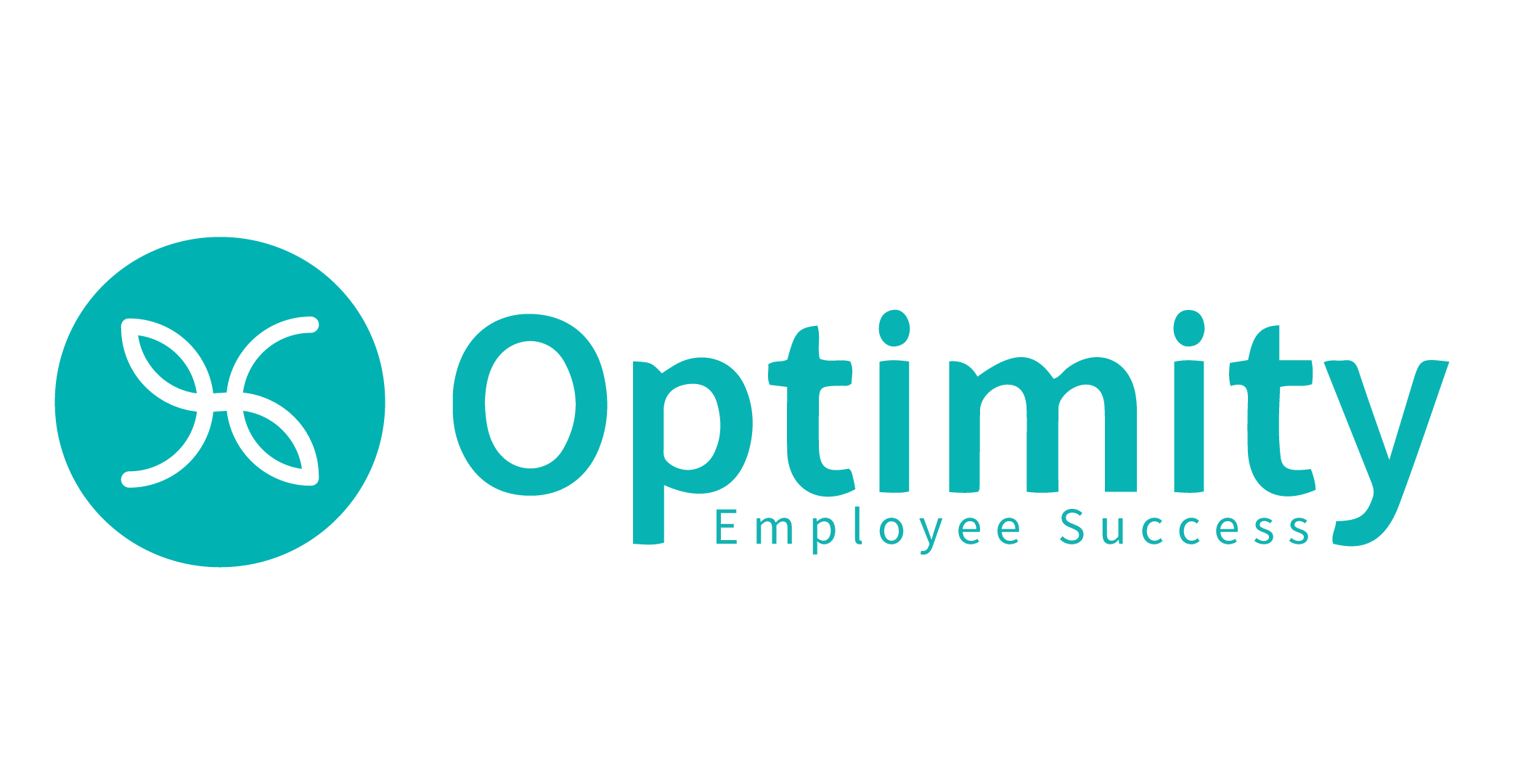TIME STAMP: 2 MINUTE READ On boarding can be defined as the organizational socialization of the...
The State of Affairs with Engagement for Corporate Wellness Programs
Your people are your corporate competitive advantage. Most progressive leaders are actively investing in employee wellness. However, despite the amount of work that goes into implementing on-site and digital wellness programs, most corporate initiatives fail to engage 3 out of 4 employees. Let's spend a little time dissecting what is happening and offer some food for thought.
Gallup 2014 RAND Health Workplace Wellness Study has shown only 24% of employees at companies that offer wellness programs actually participate.
We surveyed 200 professional services employees in 2015. There were many reasons why they didn't participate in the 5K runs, yoga classes, & other wellness initiatives. The top 6 themes are:
- not aware of the program
- there was a lack of incentives to sign up
- activities offered were not interesting to them personally
- don't have time
- don't know how to access the program
- no one else is doing the program (lack of a wellness community)
More from the RAND study: Over 85% of companies offer some form of wellness program, with awareness levels with often less than 60% of employees. 40% of the employees who are aware, actually a sign up; and 30-40% of those who sign up end up not logistically able to show up to the actual events because of work priorities.
With another 10-40% simply forgetting, depending on the internal marketing efforts of the wellness champions on the day off, it is no surprise that companies with 200-1000 employees can't get more than 50 people to any wellness event.
Health costs are rising, mental health and financial wellness training sessions coming up... it is time that you drive a paradigm shift in how you engage your employees in health & wellness. Here are 3 quick tips on how to lead a movement of wellness and positively impact the bottom-line for your organization.
1. Build Momentum
Before launching or updating your wellness program this year, ensure that you take the opportunity to build awareness with 100% of your employee-base.
Reach out to employees a couple of weeks prior to the launch date with on-site posters, email memos, newsletters and on-site media outlets. A message, short video or presentation from your CEO, senior leadership or HR team supporting the program is always positive PR internally and externally.
Remember to always add a call-to-action to each piece of your awareness campaign.
2. Make it Universal
Deliver wellness to your employees wherever they are. Design your program with context and environment in mind.
Leverage common technology they are already using, such as their mobile phone or computer. Provide practical activities that employees can fit into their 9-to-5, such as reminders to grab a drink of water, instructions for quick back stretches, and challenges to meditate for 60 seconds. These effective micro-actions are known to boost health & productivity, and can be quite engaging for even the most sedentary of office-potatoes.
3. Recognize Employees’ Individual Efforts
The majority of your employee base already use consumer health apps and wearable devices for activities tracking such as step counting, exercise logging, or nutrition journalling. Why not align your employees’ individual efforts to your organizational goals?
If a fitbit is too restrictive in function or too expensive, Optimity also offer a great array of fitbit alternatives such as Apple Watches with more functionality, directly integrated with calendars or Optimity Mi Bands at just $30/band and with a 30-day battery life until the next recharge!
Recognize the activities they are already doing with your wellness platform’s points and prizes. We can connect your community by uniting them onto the same platform and gamify their work experience.
Companies that employ this strategy has 2-5x more people participate in their programs!




